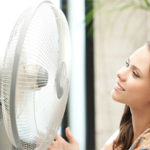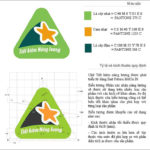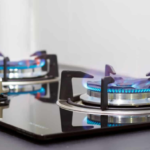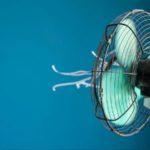Fans are a more compact and energy-efficient option compared to air conditioners. However, many people wonder whether it’s better to use a small or large fan to save electricity. Let the experts at Bach Hoa GREEN provide you with the answer!
1 Using a Small or Large Fan to Save Electricity
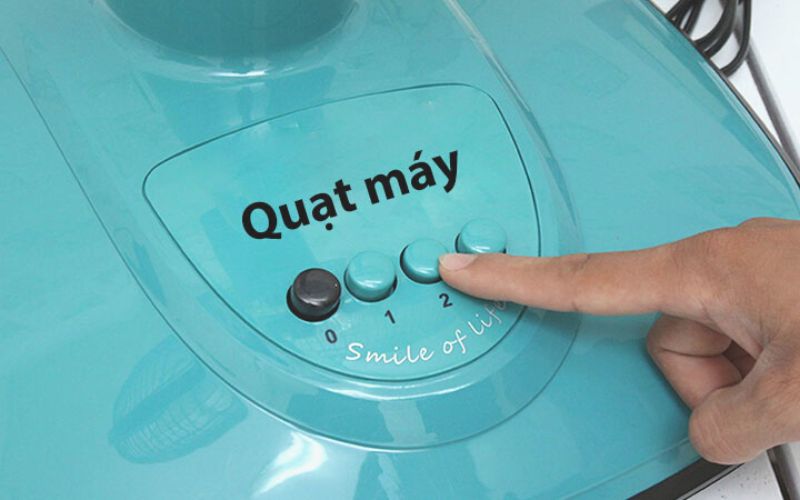
Turning the number up or down does not affect the power consumption of the fan.
According to an experiment conducted by a YouTube user specializing in electronics, the power consumption of a fan remains consistent regardless of whether it is set to the highest or lowest speed. The power consumption hovers around 0.17W when set to the highest speed and around 0.12-0.13W when set to the lowest speed.
Therefore, it can be concluded that the power consumption of a fan does not depend on whether it is set to a large or small number. However, EVN – Vietnam Electricity advises users to choose fans with an appropriate capacity that suits their home size. This can help optimize energy efficiency and potentially reduce monthly electricity bills.
2 Tips for Using Energy-Saving Fans
Limit the Use of Fan Functions
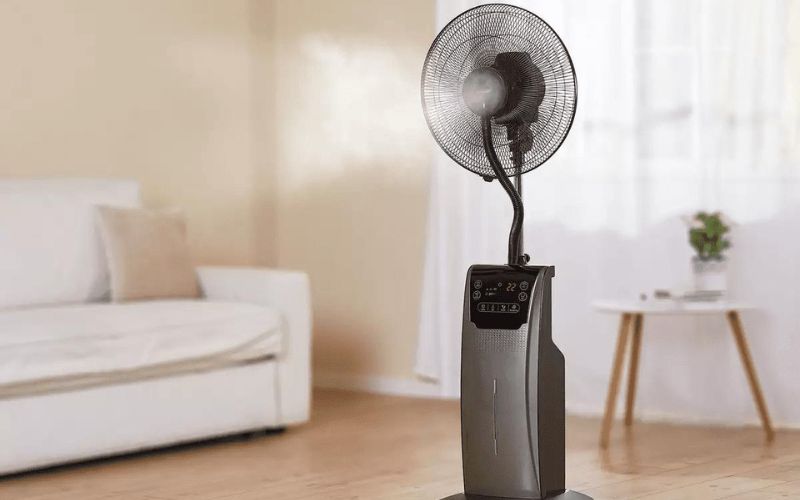
Limit use of fan functions.
Modern fans often come with additional features such as indicator lights, misting, ion generation, and fragrance generation. However, using these functions for extended periods can significantly increase power consumption. It is recommended to carefully consider whether to use these auxiliary functions.
Utilize the Fan Timer
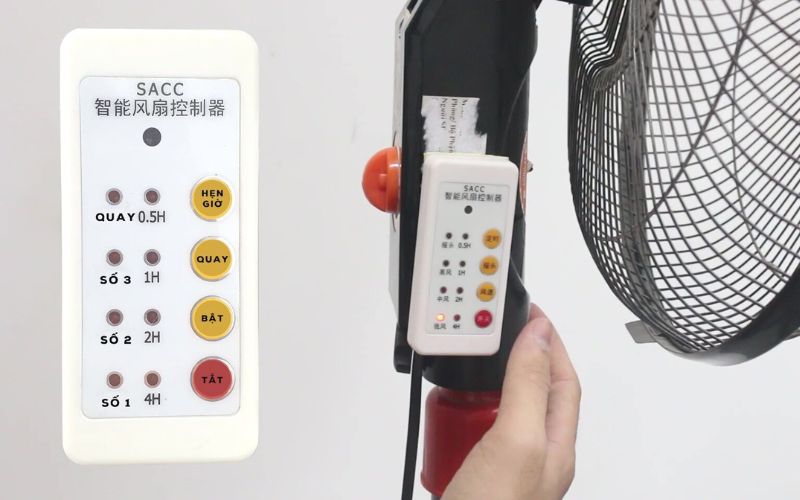
Use fan timer.
Using the fan timer not only helps conserve energy but also prevents the fan from overheating, which can extend its lifespan. Additionally, setting a timer for short breaks (15-30 minutes) between fan operations can reduce the risk of health issues associated with prolonged exposure to the fan’s airflow, such as coughing, sore throat, and headaches.
Optimize Fan Placement
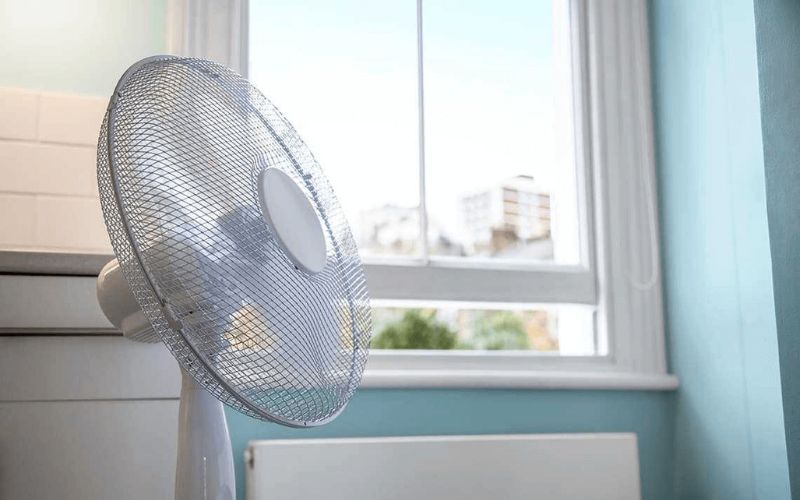
Put the fan in the right position.
In order to maximize ventilation, especially during the summer, it is advisable to position fans in areas with good air circulation such as skylights and windows. It is also recommended to close windows and doors in areas where sunlight enters the house to minimize the influx of hot air and allow the fan to expel warm air effectively.
Properly Turn Off the Fan
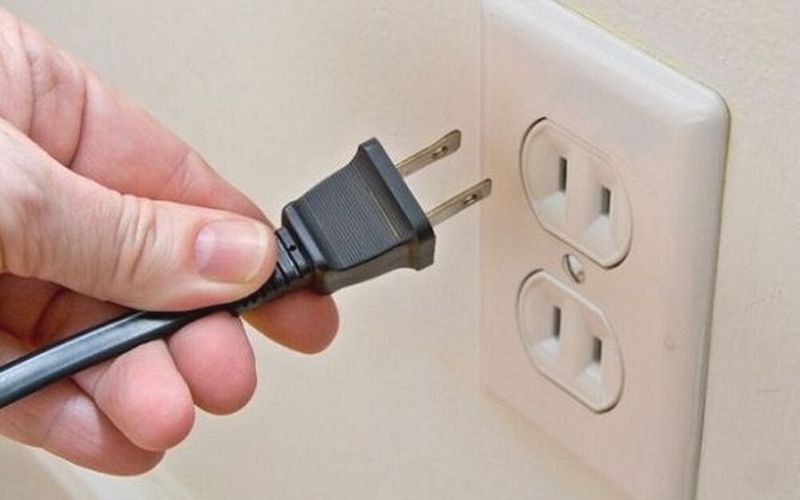
Turn off the fan properly by unplugging it.
Instead of simply using the off button or controls, it is recommended to unplug the fan from the electrical outlet to completely cut off the power supply. This not only saves electricity but also reduces the risk of damage or fire. Alternatively, smart sockets can be used to remotely control the power supply without the need for direct unplugging.
Replace Outdated and Damaged Fans
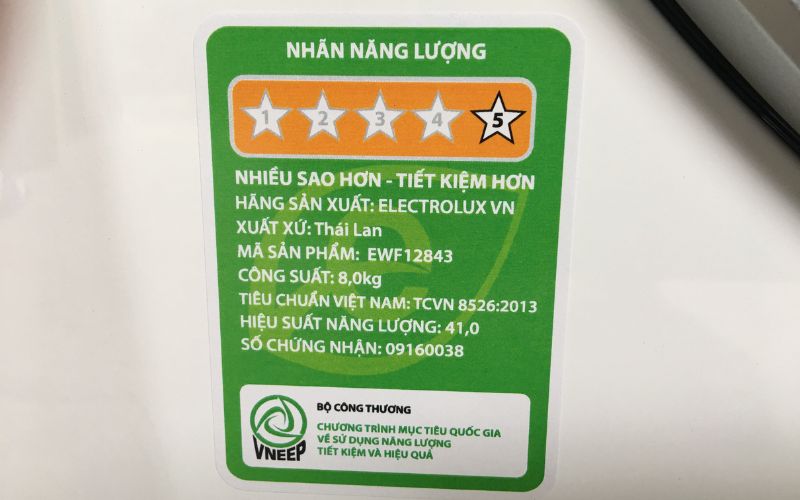
Replace outdated fans with those with many stars on the energy label.
Old or severely damaged fans not only provide inefficient cooling but also consume excessive electricity. It is recommended to replace them with fans that have an appropriate capacity and energy-saving features. Look for fans with a higher number of stars on the energy label for better energy efficiency.
With the information provided above, Bach Hoa GREEN hopes to help you make informed decisions about using fans to save electricity. By following these tips, you can effectively manage your energy consumption and potentially reduce your household expenses.
Understand Energy-Saving Labels When Shopping for Energy-Efficient Products
Want to learn more about energy saving products? Check out this article from Dien May XANH and explore the details of the energy labels provided by the Ministry of Industry and Trade—a handy source of information for consumers when picking out items.
6 Tips to Consider Before Buying a Ceiling Fan
Are you looking to purchase a ceiling fan for your big space? Learn more about what factors to consider before making the decision with this helpful guide. From enhancing the atmosphere of your room to providing ventilation and circulation, there are plenty of benefits to choosing ceiling fans. Read on to find out more and make an informed decision.


























